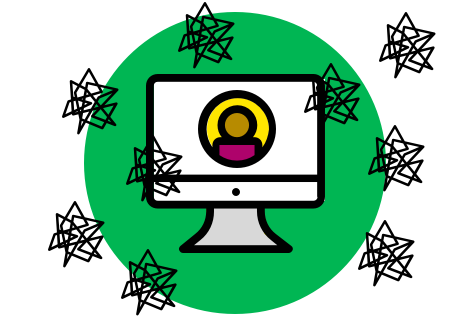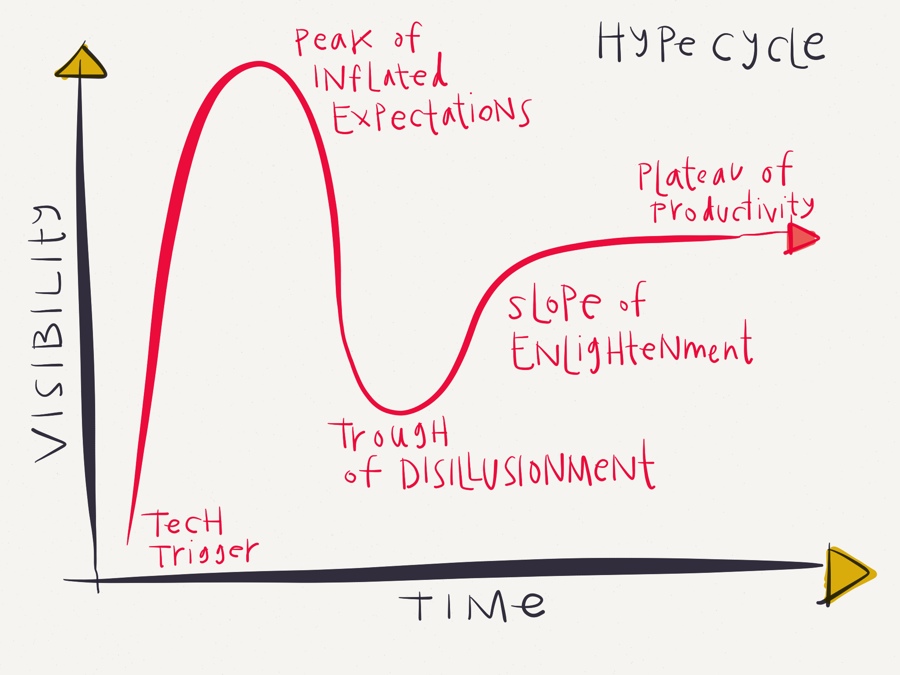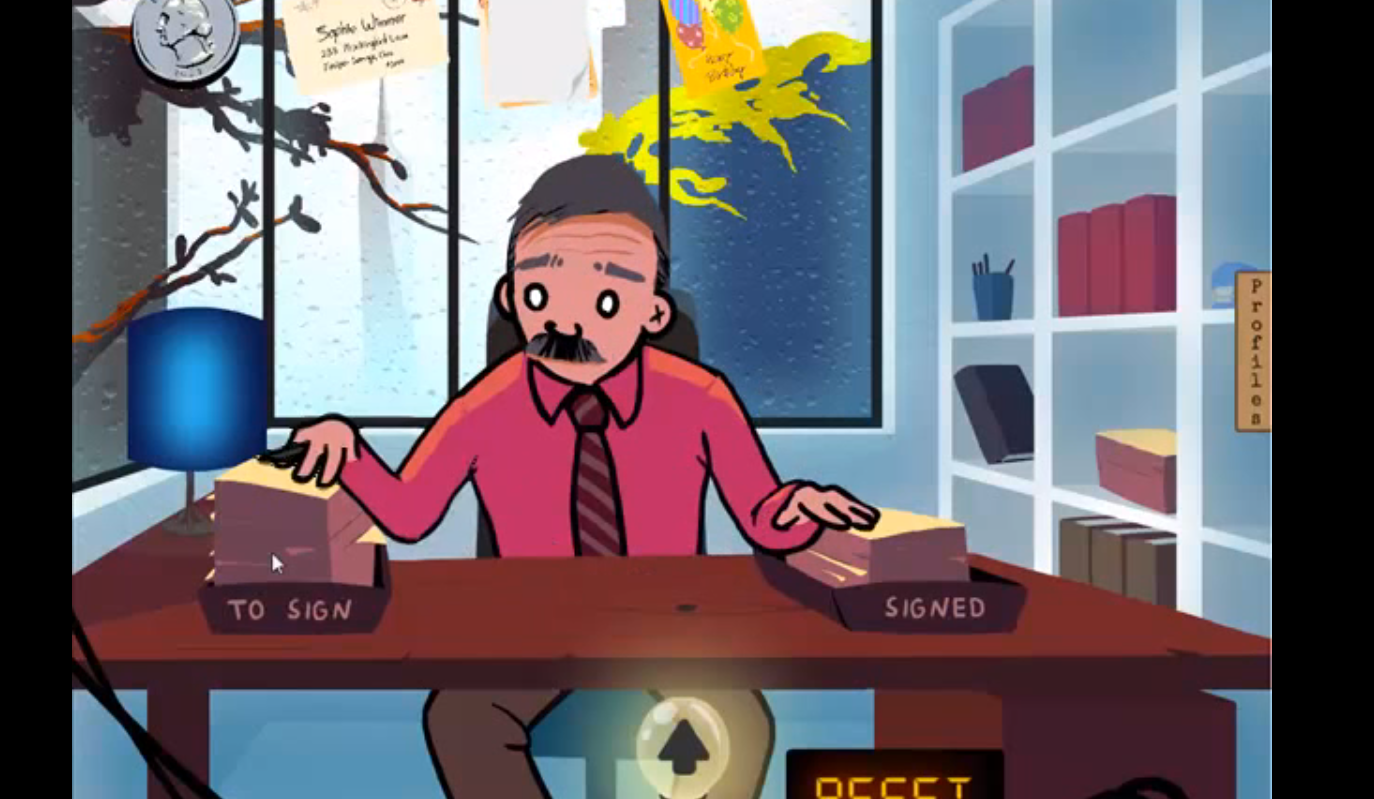There is an interesting movement in public health research, around using people’s online posts, clicks, website visits, searches, and other behavior to better understand what health issues are: see Digital epidemiology: tracking diseases in the mobile age.
Could we have a similar field in Legal Research? In which we are able to better:
- forecast the ‘big problems’ in law and poverty, to understand what our policy priorities should be, based on people’s needs
- counting and tracking people’s legal needs,
- finding patterns in ‘outbreaks’ of law problems — and how they relate to other social issues and poverty trends
- determining ways to triage and serve people online, when they do present their problems there
It’s not to say that this would be the sole way to do this legal needs research, or online delivery or prevention. It is a distinct population still that is actively using the Internet to deal with their legal issues, or that is writing descriptions of their problems to post on Reddit or elsewhere.
But it still is a large population, with more people going online to seek help. Could we at law schools, courts, and legal aid groups — particularly those in the Legal Labs movement — be borrowing more from public health and Human-Computer Interaction research strategies? We could possibly be understanding people better and serving them with more direct, authoritative legal services.
(This story was also published on Legal Design and Innovation).




